Everyone thanked the sand mafia. They said it was their tireless digging up of the riverbed which enhanced its water-holding capacity which in turn enabled additional water from the dams to flow on without incident. Thank you marauders of the earth!
They were joking, alright.
These jokes, these badly articulated relief sighs, came wrapped in uneasy icons: shit-colour heads that smiled or winked unconvincingly. I too laughed for two reasons. One was from remembering a recidivist friend from my teenage years. Between bails the only work he’d engage in was this – collecting sand from the nearby river after midnight. Illegal though it was, this was the closest to honest income-generating activity he ever engaged in. Being a body-builder and of a pleasant disposition, he succeeded in shacking up with many women after work along the dark riparian stretches. How I envied him! Well, I still do.
The second reason was more immediate: my eldest sister lived in the danger zone – the path mapped out by experts as where the water flow would be the worst. I love her dearly because she bakes the best breads I’ve ever eaten; I am a man who can live on bread alone. On the 15th of August, Indian Independence Day, my Facebook status went something like this: my heart not with those standing atop tall forts but with those whose eyes are peeled to river levels. My obvious reference was to the prime minister of the nation, who, standing on the sandstone bastions of the Red Fort, dressed in silken finery, skipped matters of great national urgency like lynching and corruption for furthering his party’s chances in the upcoming election year. My comment, though, was more brothering than throw shade.
In Kochi for a monthly engagement, my sister’s place is just a hop-skip from the client. The news of the gates being opened to bring down water levels in the dams was met with great trepidation. This was the most dangerous kind of fear – one that arose from unaddressed ignorance. The problem with this kind of ignorance is that it generates dangerous speculation. The public was kept in the dark by the media which in turn beat around the bush too timid to admit the government was giving nothing; the government gave nothing as it had nothing. Calling the shots at the highest policy level was an uneducated minister known more for uncouth and loose talk than level-headed democratic decision-making. Soon as news of dam gates opening spread, my sister began to palpitate understandably. The ground floor of the house would be inundated – which meant the cupboard and wall fittings would be destroyed. The moveable stuff had to be shifted to the top floor.
As rains battered on relentlessly through the second week of August, the rivers were already swollen by the 10th when the government decided to open the dams. We kept a night vigil on the Periyar that flowed next door: every 3 – 4 hours we went to the historic Marthanda Varma Bridge and shone powerful torches across the water.
“Nothing to worry,” we told each other, more hope than actual observation. The water ran just a few feet below the deck.
We finally returned during the wee hours of the 11th gathering courage from the believers who were heading to the river to offer Vavu Bali, a Hindu ritual of paying homage to the souls of their dear departed.
***
Calamities qualify as such probably for their ability to strike when they are least expected. These were the early days of what eventually turned out as the biggest flood of the century. All through 11th and 12th everybody called everybody and gloated over the narrow escape. Most claimed not to have moved around their fridge and furniture much. Even the second cars stayed put in the porches. And there was gratitude for the sand mafia.
After a brief weekend respite, the rains were back with renewed vigour. By the 13th reports started appearing with alarming frequency of houses razed under debris flows, bridges collapsed, routes cut off and lives lost. Soon the Periyar overflowed and my sister and family moved to rented quarters on higher ground. I was marooned at my client’s place – a factory guesthouse on a hilly suburb east of Kochi called Kizhakkambalam. By the 16th, the state government officially pressed the panic button – a call responded to by the Army and national disaster management teams and the sons of the sea – the fishermen. Me and my sister were in different locations and we were safe. This left our folks who stayed 70 km away – though not in the path of serious devastation still in plains prone to flash flooding.
“No need to worry about us,” my mom would assure me each time I called. “We will be fine.”
“How can you be sure?” I asked. “Are you keeping an eye on the water levels?” The Meenachil River flowed near our home and our land itself was in two heights – water had reached the lower ground already.
“No need to watch the water level,” she replied. “God is watching over us.”
That was when I decided that I had to reach home whatever it took. It was August 16th, most of the roads were closed to traffic and the only vehicles were the ones floating. Army in helicopters and fishermen in boats had already started their much-lauded work in shifting thousands into relief camps. Jabbar who ran a hotel near my office gave me a lift till the bus stand. A warm an effusive soul, his eyes watered with worry – he was on his way to extricate his daughter and grand child who were stranded as water rose quickly around them.
“Don’t worry kid,” he kept telling into his phone which kept ringing every few minutes. “I am on my way and will reach you very soon.” He would then turn to look at me helplessly.
Jabbar dropped me at the town bus stand as the last bus to Kochi was leaving – empty and in haste as reports of a bridge on the way getting slowly submerged reached the driver. A part of the bridge had collapsed and a bulldozer was clearing the rubble from the road by the time we reached the spot. A second bus dropped me at Ettumanoor, 18 km from Pala my hometown. Nothing plied beyond that as large tracts of the road was already under water.
A drunken autorickshaw driver – god bless his idea of strength – offered to give me a ride till Kidangoor, 7 km away.
“We will carry on till wherever the road ends and water takes over,” my Indiana Jones said.
He stood in the rain cupping his crotch with such devotion you’d think his digits were jockstraps. The grip remained as firm as limpet to a rock that he took it off only half way into our journey to pull out a soggy filter-less cigarette from behind his ear. Water on the road stopped our journey a kilometre before our destination. He dropped me and scurried back before he got waylaid himself.
***
Hell or high water, I was determined to reach home. Probably why the universe conspired on my behalf. As I stood in the rain wondering my next move, I saw a canoe in the distance. It emerged from the sheets of pouring water like the Dutchman. An enterprising odd-jobber had started the service just a few hours ago. He struggled to keep his boat straight along the road as water flowed over it quite forcefully – the river was right next door.
“We will go through the field further inside,” he told me and a second passenger. “There the water is easier to navigate.” Through later conversations it transpired that quieter waters went deeper.
“There might be small bumps along the way,” he continued. “Must be sediments deposited by the river. You are not to shake at all – it will topple the boat.”
He himself had begun rowing with one hand while with the other he drained the water that quickly rose inside using a rusted can. A few old slipper pairs could be spotted in places trying to caulk more water from seeping in.
The ride, though precarious, soon began to grow on me. I began enjoying the view of the road from the field – largely blocked by an endless conurbation of gigantic signboards. I knew they all featured sheeny models, skinny, wearing saris removed from the right places. Each advertised the largest, biggest and grandest showrooms respectively. Behind beautiful forevers. We rowed till Cherpunkal 5 km away. Swell riverfront houses now had the river all around them; dainty rooftops rose above the water like ice cream cones. A few interstate trucks had parked by the side of the road. I peered into one hoping to find a driver and bribe him to take me across the water.
“If they could go would they wait here?” Asked a bright cop who stood at the turning to the famous Cherpunkal church. I was his intelligent distraction after a whole day of diverting traffic.
“Deep water begins a kilometre from here,” a local told me. “It was around 5 feet at the deepest this afternoon. Go fast because it was 3 – 4 feet in the morning.” The levels were rising quickly and I had no time to lose. The cop continued to watch me as I rolled up my jeans and removed my slippers so I could move fast.
From water swooshing around my ankles, it became knee-deep steadily and soon I was plucking my feet through waist-high water. An hour later, water was lapping around my chest, soon rose till my neck. With one hand I held the umbrella, with the other my bag and footwear on top of my head. As the depth increased, the undercurrent slowed down but left behind a viscid detritus. Worried about embedded pointy articles I took each step gingerly. In case of a sudden gush or if I slipped and lost my footing, I kept an eye on the coconut trees that lined the road: I hoped to cling to one in case I got swept into the river.
I walked through water for close to two hours. I know the duration as before I took the plunge I had tried calling my mom who had ghosted on me. The journey from my work to home under normal conditions took less than two hours and here I was closing in on 12 hours since Jabbar dropped me that morning. Feeling a bit knackered – and acknowledging to myself for the first time in my life – I reached a largely dysfunctional rubber factory from where it was a climb and I could see the tarmac at a distance. Following the yowza that pursued me through the day, one autorickshaw waited there.
The worst floods of the century left around 400 dead and thousands homeless – who continue to live in relief camps funded by government agencies and private individuals. Kerala is limping back to normal but it will be many years before the state overcomes the ravage completely.
In typical Kerala fashion, the jokes are back. A favourite one pertains to the fruit-sharing arrangement arrived at between two neighbours. The floods had somehow managed to push several coconut trees that belonged to one family into the farm of another. The water didn’t fell the trees, just pushed them – trunks, fronds and nuts all intact – into the neighbour’s plot. The agreement is that while the new owner will get to keep half the coconuts, he will have to pay the climber’s charges.
In case you feel like contributing to the ongoing rehabilitation work, you can use the form here or the details below:
Account number: 67319948232
Bank: State Bank of India
Branch: City branch, Thiruvananthapuram
IFS Code: SBIN0070028
PAN: AAAGD0584M
Name of Donee: CMDRF


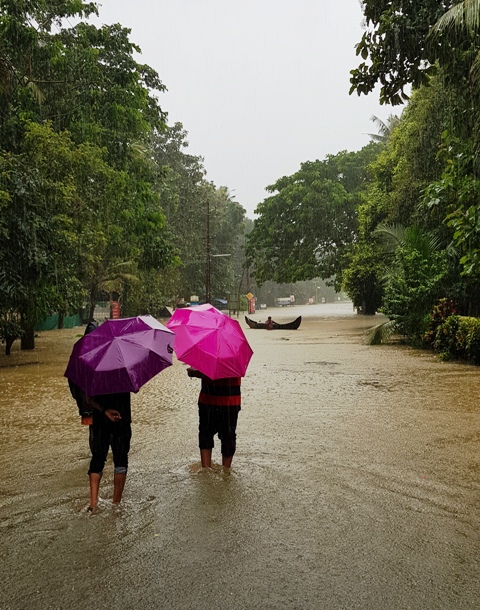
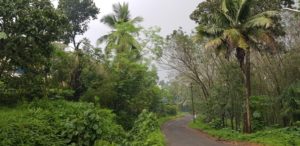
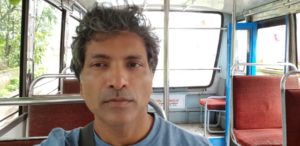
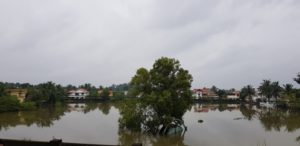
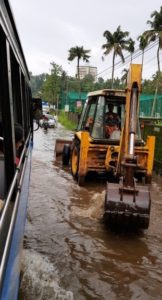
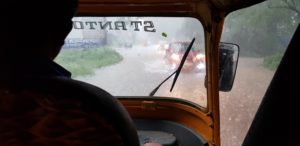
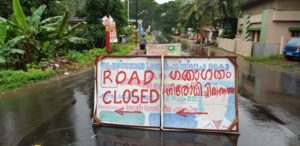
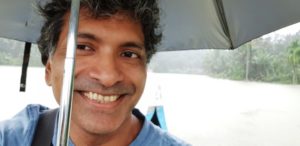
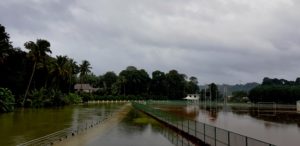

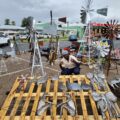
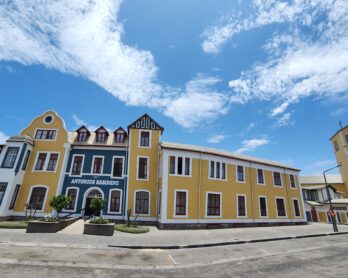
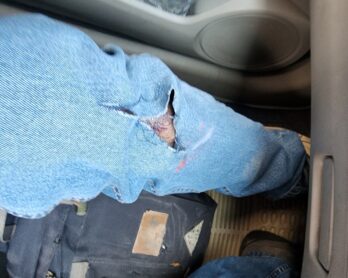
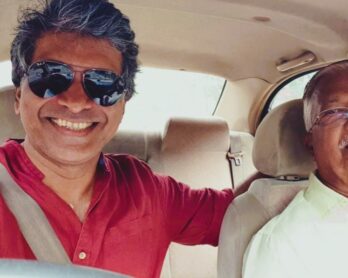
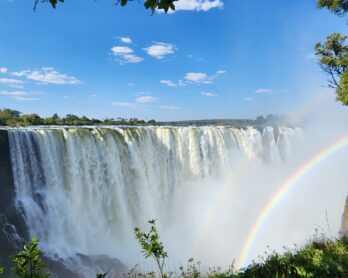
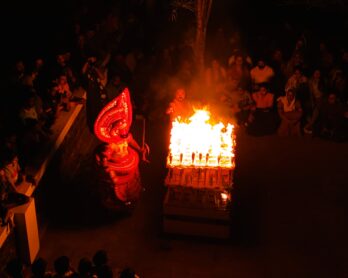
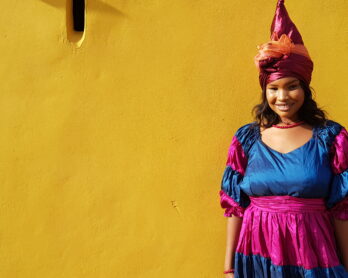
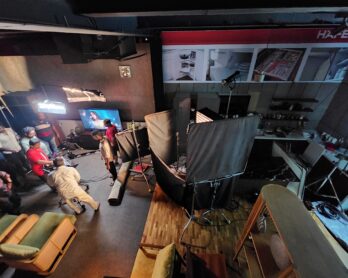

you’ve explained how it was to be in Kerala at the time of heavy rain and flood. I live in Ernakulam and yes I’m also a flood survivor.
Yes bro, we lived through history. Salute to the bravehearts who gave up their lives for others!
Great Post!!… Thanks for sharing this beautiful article.
I am also a flood survivor from Kerala. that incident changed me.
Thank-you for sharing this post
So sad this incident change all people life in kerala
Great article!! Loved the way how you expressed it.